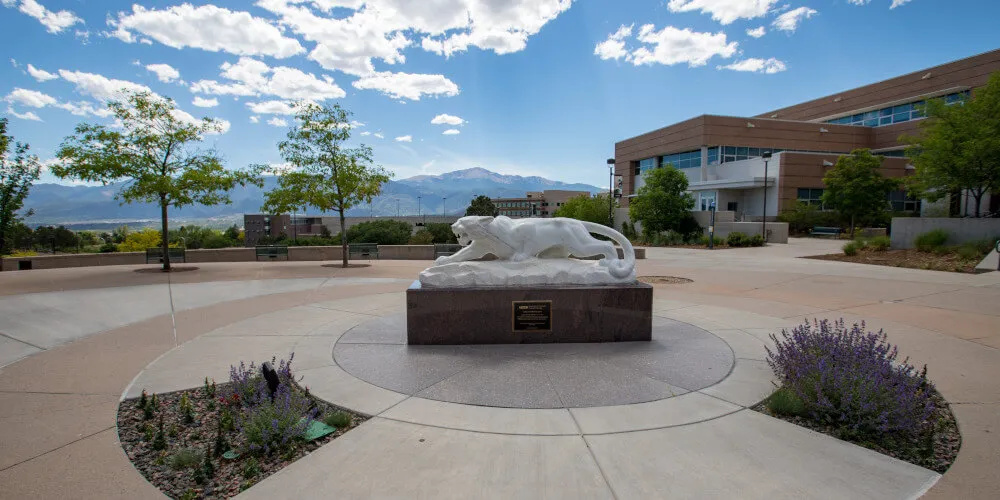
Women's and Ethnic Studies
About the Program

Do you want to change lives? Do you enjoy theorizing, analyzing, and strategizing about how to transform issues of diversity and inclusion? If so, pursuing a Bachelor of Innovation in Women's and Ethnic Studies may be right for you.
Women's and Ethnic Studies majors draw on interdisciplinary methods to critically examine social and cultural constructs.
What do Women's and Ethnic Studies B.I. students study?
A BI in Women’s and Ethnic Studies captures the heart of a WEST degree by teaching students to innovatively transform society by thinking critically about the intersections of race, class, gender, sexuality, disability, nationality and other hierarchies; to understand history, culture and society from a range of perspectives, including those emanating from individuals and communities whose stories and lives have been marginalized; to advocate for human rights and social and environmental justice; and to develop consciousness about multiethnic and gender issues locally, domestically, globally and transnationally.
Courses
Examines methodologies, the research process, and epistemological and ethical implications from a range of perspectives depending on the instructor teaching the course. Emphasizes the interrelationship among social power, inequality, and knowledge production. Provides conceptual tools for understanding the major methodological paradigms and for critically analyzing the issues integral to the research process
Examines foundational and contemporary theories of race, gender, class, sexuality, disability, and environmental justice within domestic and global contexts, with particular focus on the concepts of oppression, privilege, intersectionality, resistance, and social change.
Analyzes the evolution of global interdependency, studies the interaction between local and global levels in the development process and impacts on areas such as economic, cultural, technological, environmental, ideological, political systems. Discusses transnational organizations, global women’s agency, social justice movements, human rights networks.